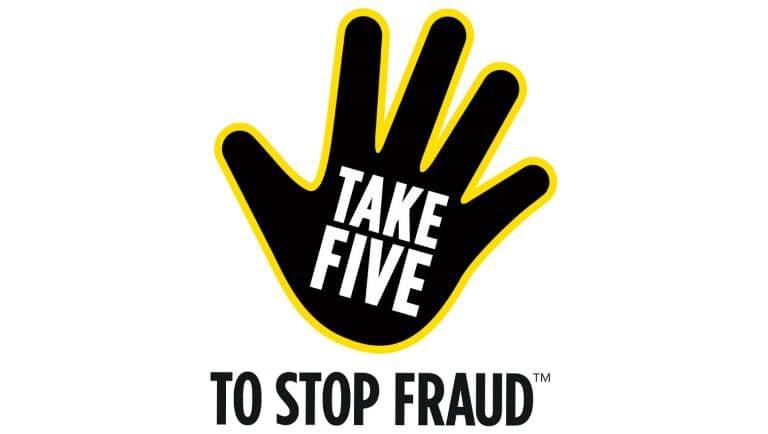
Purchase scams
Scammers often list fake or non-existent items for sale on social media and online marketplaces. Their adverts look genuine, and someone you know could share or repost one without realising it’s a scam.
How it could happen to you
- You see an advert on social media or a website you trust. It looks like it’s from a genuine company, but the link takes you to a fake website. You pay for an item that doesn’t exist or the site steals your information
- You find a second-hand bargain on social media or an online marketplace. The seller might say you can pay more money for faster delivery. You pay, but they never send the item
- You find a great deal on flights or a holiday rental. You pay and get a confirmation email, but when you arrive at the airport or your accommodation, you find out that the booking was fake.
How to protect yourself
- Remember that scammers are good at impersonating well-known brands. Always check deals are genuine by going to the company’s official website. Type the address into your browser instead of using the link in the advert, in case it takes you to a fake site
- Before you pay, research the site or seller and check for fake or negative reviews
- Be suspicious if someone asks you to use a payment method you weren’t expecting. For example, if you’d usually pay by card or from a digital wallet, but someone asks you to pay by bank transfer
- If you’re buying on social media, try to view the item in person to make sure it exists, especially if you’re buying something expensive
- Never agree to buy vouchers or expensive items such as jewellery or gold for someone as a way to pay for something else
- Remember that if a deal seems too good to be true, it probably is.
What does it look like?
We've written a story that shows what a purchase scam might look like. It describes common tactics we know scammers use, based on insights from our fraud and scams team.
Types of scams to watch out for
These are among the most common tricks currently used by scammers but they constantly come up with new ways to contact you, so be vigilant.

Impersonation scams
When someone pretends to be the police, a bank, a friend or business, to convince you to send them money.

Investment scams
When you’re invited to invest in things that are worthless, or don’t exist.

Purchase scams
When fake or non-existent items are advertised for sale.

Advance fee scams
When fake companies ask for an upfront fee and then don’t provide the service you’ve paid for.

Invoice scams
When account details on an invoice are changed, or emails are intercepted, so the money is wrongly paid into the scammer’s account.

Romance scams
When someone pretends to be interested in a romantic relationship with you. They gain your trust and then ask for money.

Pension scams
A scammer says they can make you money, and convinces you take a lump sum out of your pension – then steals it.

Doorstep scams
A rogue trader knocks on your door and pretends your house needs work – then overcharges you for it and often doesn't finish the job.

Bereavement scams
A scammer contacts you after someone has died, and says you owe money to pay off a debt or access a payout.

Phishing, smishing, and vishing
You receive an email, text message, or call claiming to be from a well-known company or organisation such as a bank or the police.
You may also like…

Protect yourself from fraud
Learn about the different types of fraud
More and more people are being targeted by fraudsters, so it’s important to be alert. Knowing about the different types of fraud can help you protect yourself and your money.

Think you’ve been a victim?
How to report fraud or a scam
Find out what to do if you’re worried about a card payment, how to report fraud and scams and what happens after you tell us, plus get tips on how to help protect yourself.

Take Five to stop fraud
National awareness campaign
Take Five is led by UK Finance and backed by the Government and other organisations. If you receive a phone call, text or email you think might be fake, it urges you to stop – take five – and challenge what you’re told.

Make money work for you
Explore the ways we can help you start a new relationship with money, whatever your age.


